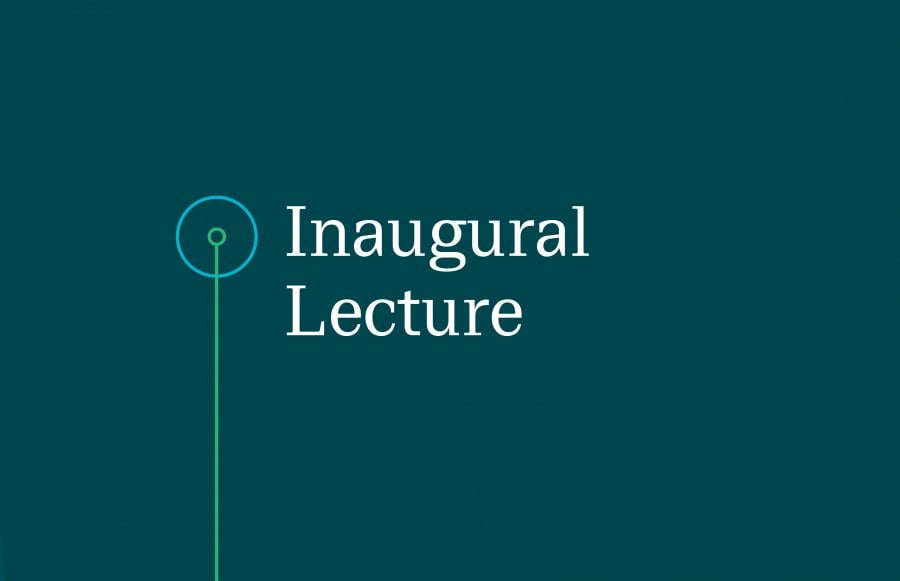
Vaccines are one of the largest investments that countries and international donors make in global health. Generally, vaccines are considered to be one of the best investments in public and global health, but the cost of newly developed vaccines and immunisation programmes far exceeds that of traditional (EPI) vaccines. This has led to inequities and inefficiencies in the way vaccines are used both between and within countries.
The fair and optimal distribution of vaccines across the world is an issue that lies at the intersection of economics, mathematics and moral philosophy. It raises questions such as: what is "fair" and "optimal" and how do we achieve it? How should we balance distribution of vaccines between countries that can afford to pay for them and countries that may benefit the most from them? Should we use a vaccine that may benefit some people and harm others - and if so how?
This talk will discuss how modelling and economics research around how vaccines are valued has informed decisions around the world, and what happens when such research interacts with the values that different people hold.
Professor Mark Jit work both at LSHTM and also in the Modelling and Economics Unit of Public Health England in Colindale. He also holds a visiting professorship at the School of Public Health, University of Hong Kong.
This session will be live-streamed and recorded - accessible to both internal and external audience.
Admission
Contact

